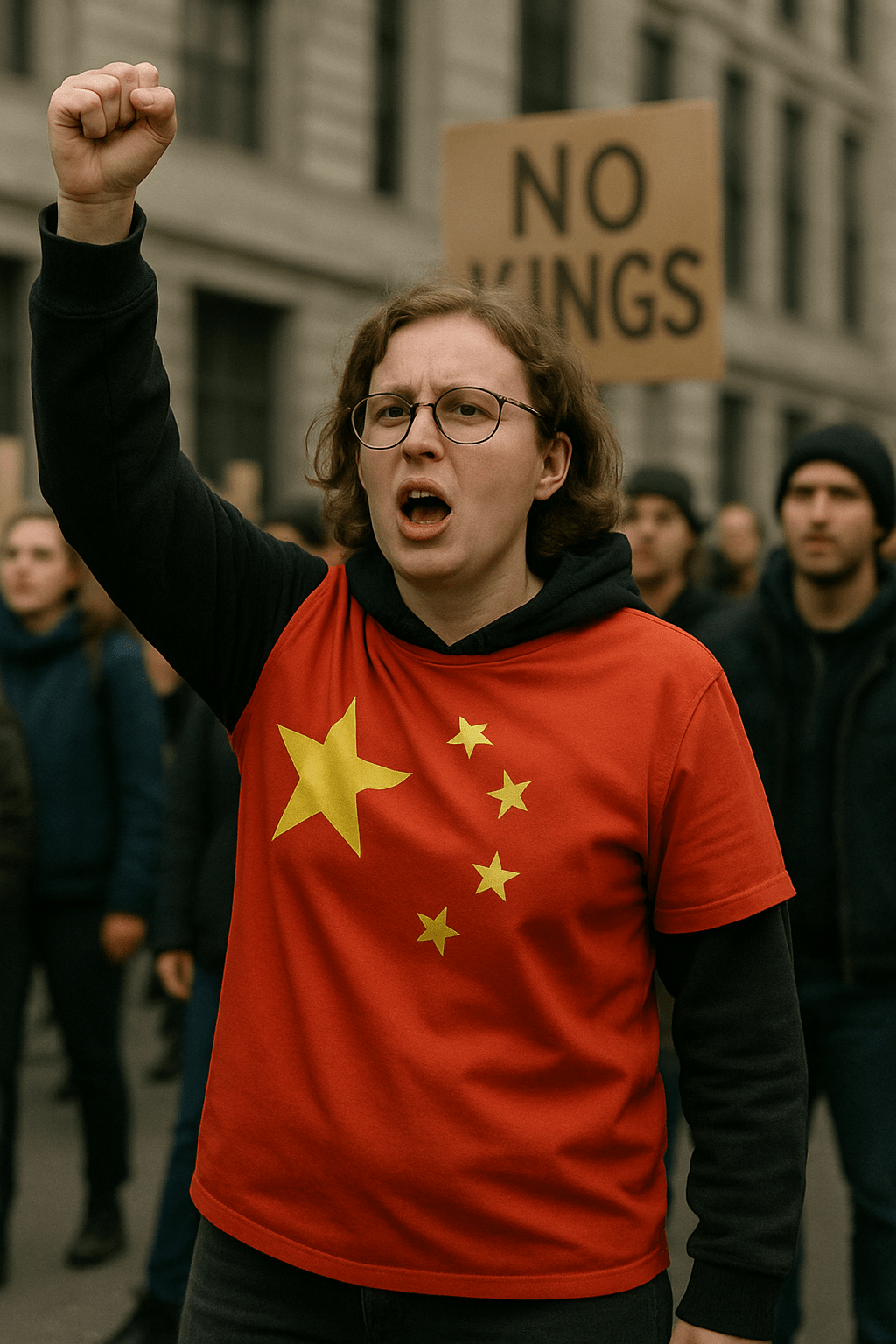It’s no secret that China is operating from a position of growing desperation. Years of internal policy missteps - most notably the one-child policy - have led to an irreversible demographic decline. With a rapidly aging population and a shrinking workforce, China faces a steep economic slowdown and a fundamental reshaping of its social structure. These trends threaten the very model of growth and control that has kept the Chinese Communist Party (CCP) in power for decades. As a result, the regime is becoming more aggressive on the world stage, not from a place of strength, but out of necessity. The next decade may be China's final opportunity to assert itself as a global superpower before its internal collapse becomes unmanageable.
This urgency is not only visible in China’s militarization of the South China Sea or its ambitions toward Taiwan - it’s also playing out more subtly through influence operations, cyber warfare, and information manipulation. There is increasing speculation that China may be exploiting vulnerabilities in American society, particularly through indirect influence on policy and public discourse. One such example is the chaotic state of the U.S. southern border under the Biden administration. While there is no public evidence linking China directly to open-border policies, the strategic benefit for Beijing is obvious: a destabilized, distracted United States consumed by internal division is less capable of projecting power abroad. Whether through digital propaganda, influence over NGOs, or financial entanglements, it's plausible that China has found ways to quietly encourage or benefit from these self-destructive trends.
The American left, often preoccupied with signaling moral superiority through public stances on immigration, climate, and social justice, has become particularly susceptible to these forms of manipulation. Virtue signaling - public declarations of moral righteousness meant more to elevate status than to solve real problems - created a climate in which emotional narratives override practical thinking. China understands this well. While U.S. politicians push for sweeping climate reforms at home, China continues expanding its coal industry with little pushback. And while the left elevates slogans and identity politics, China quietly fans the flames of division through state-run media echo chambers, online influence campaigns, and strategic economic entanglements.
To their credit, many on the left have recently embraced peaceful protest - something that deserves recognition in a politically volatile climate. Constructive dissent is vital to democracy. But peaceful demonstration must be accompanied by informed activism. Too often, emotional reactions to political figures - particularly Donald Trump - short-circuit critical thinking. The so-called "Trump Derangement Syndrome" has led many to oppose ideas or initiatives not because they are flawed, but because of their association with him. This reactionary mindset prevents thoughtful engagement with issues like border security, foreign influence, or the rise of China - issues that Trump may have raised clumsily, but that are undeniably real.
If the left is truly committed to justice, equality, and the long-term health of American democracy, it must move beyond knee-jerk moralism and start applying that same energy toward deeper research and strategic awareness. The world is not binary, and not all dangers wear red hats. Some wear red stars - and they are counting on us not to notice.

